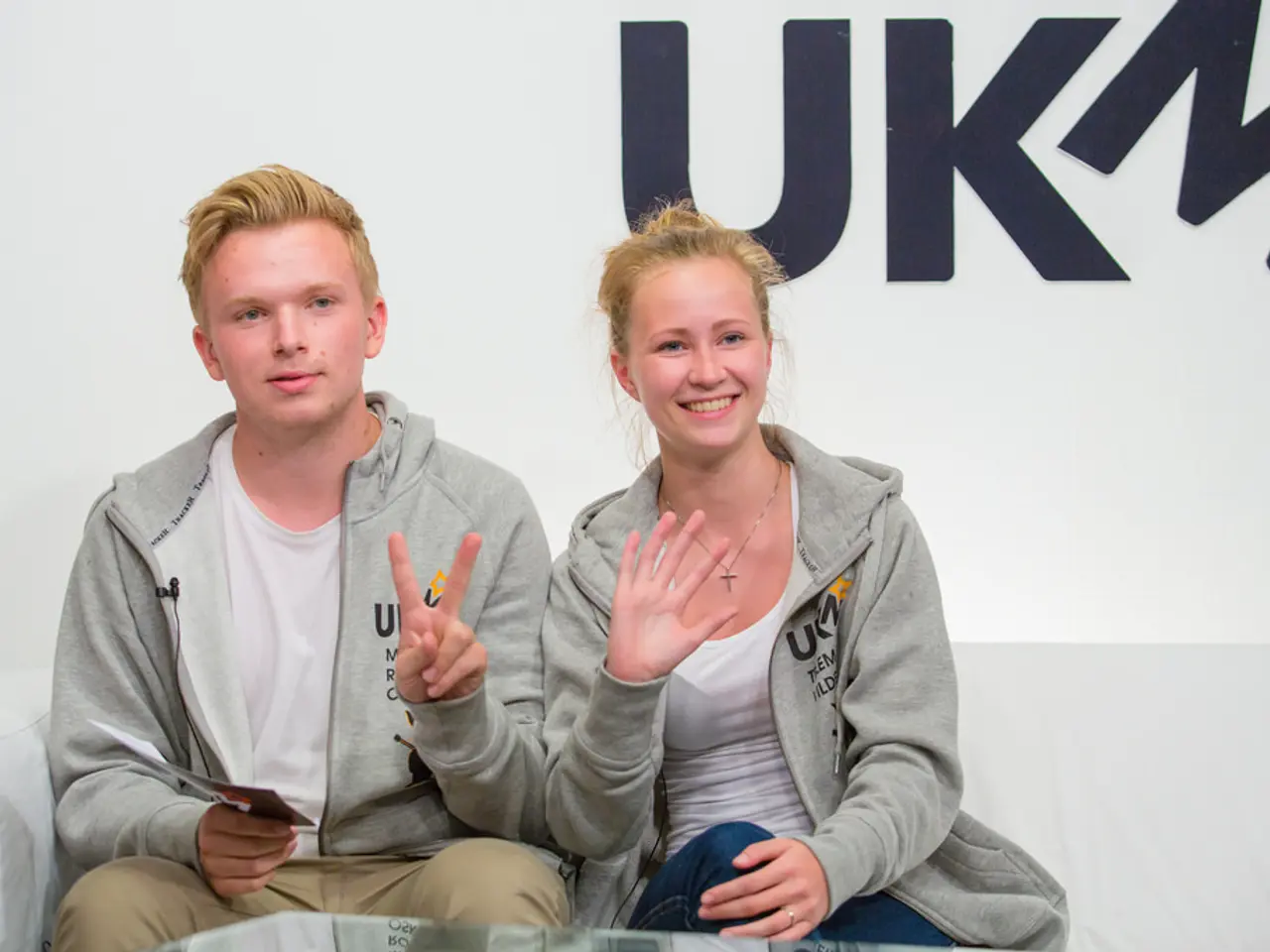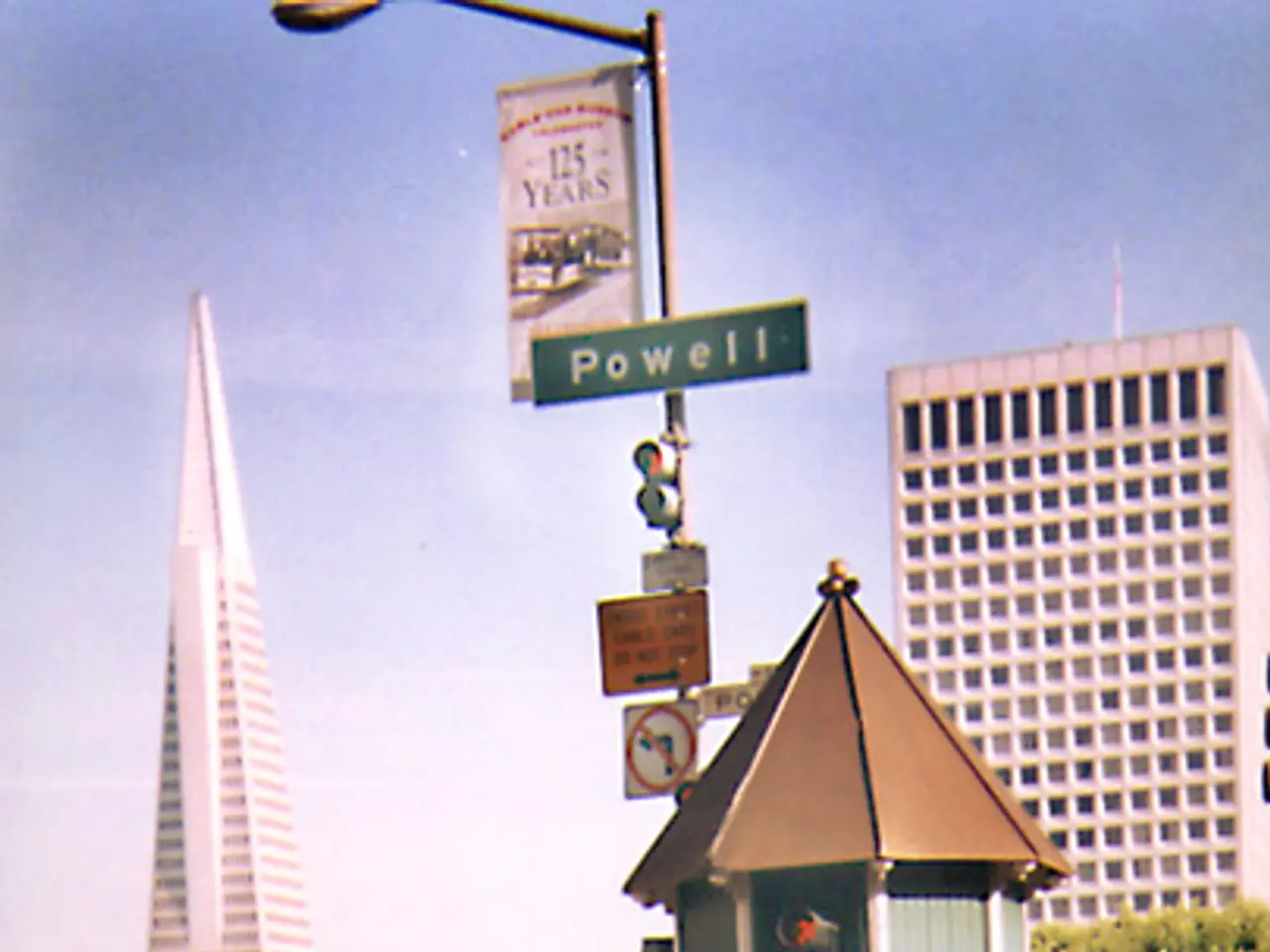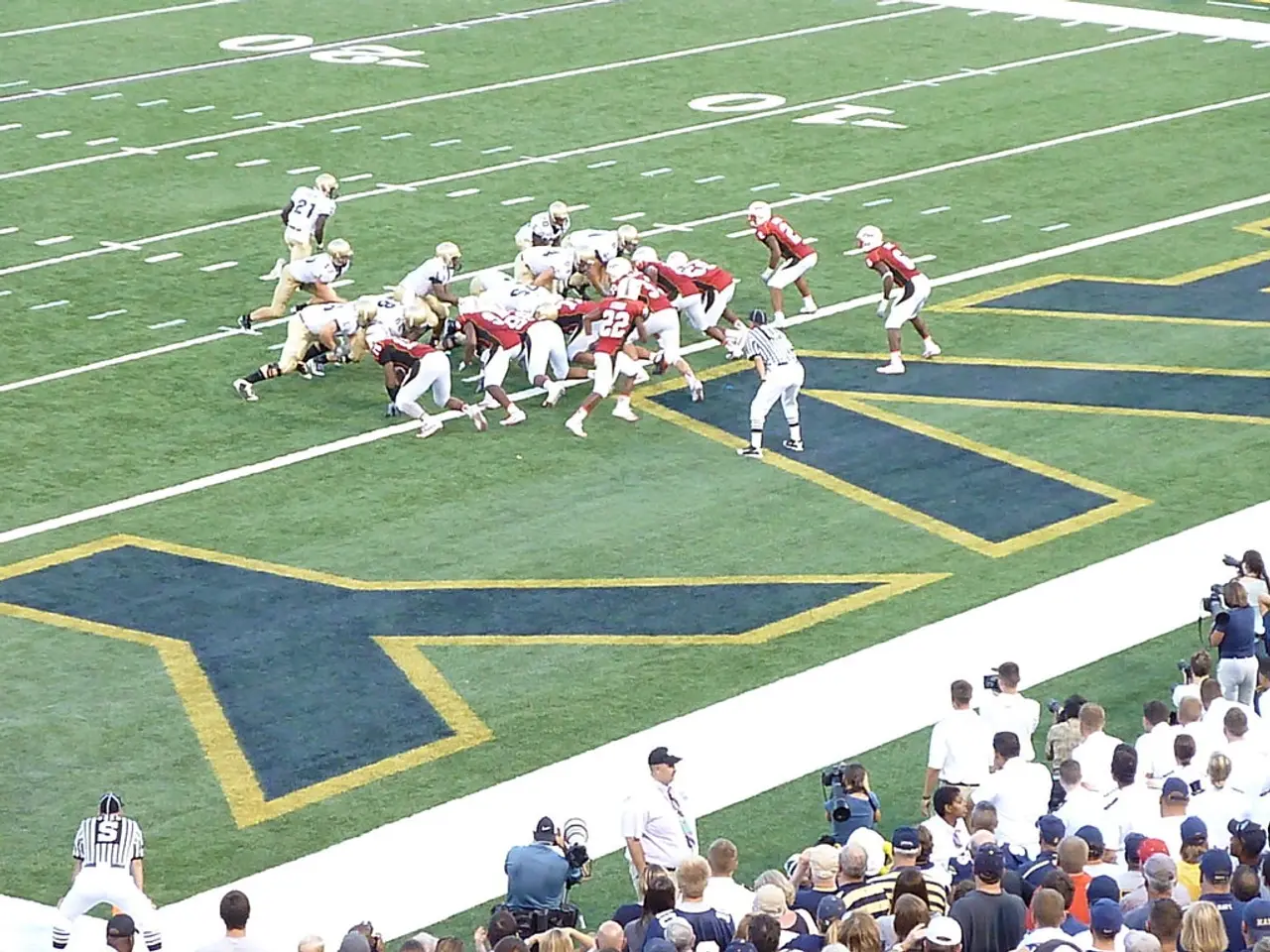The Irish border controversy resurfaces due to 'Brexit' negotiations
In the border region between Northern Ireland (part of the UK) and the Republic of Ireland (an EU member), individuals like Lizzie, Kate, Tom, Eamonn, and William have expressed specific Brexit-related anxieties, as the invisible border takes on new significance in the post-Brexit era.
Eamon Fitzpatrick, for instance, defied the 1998 peace agreements' stipulation of no border within Ireland by opening a gas station on a border plot. Eamon's gas pumps are in the Republic of Ireland, while his cash register is in the United Kingdom, highlighting the complexities that Brexit has brought to the region.
Trade between Northern Ireland and the Republic of Ireland remains open at the land border, but Brexit has introduced new regulatory hurdles in sea trade between Great Britain (England, Scotland, Wales) and Northern Ireland. This has disrupted supply chains and increased costs, creating logistical difficulties and trade friction for businesses in Northern Ireland.
The Northern Ireland Protocol, established to avoid a hard border between Northern Ireland and the Republic of Ireland, keeps Northern Ireland aligned with the EU single market for goods, allowing an open land border with the Republic. However, this arrangement has created a new border in the Irish Sea, with goods moving from Great Britain to Northern Ireland facing customs checks.
In an attempt to ease these issues, the UK and EU introduced the Windsor Framework in 2023, creating a “two-lane” system where goods staying within Northern Ireland face fewer checks, and only those going to the Republic undergo inspection. This has somewhat reduced delays and barriers but did not fully satisfy unionist opposition.
Economically, the Republic of Ireland has received substantial EU funding (around €1 billion from the Brexit Adjustment Reserve) to mitigate trade disruptions and economic consequences stemming from Brexit.
While not detailed explicitly, the increased trade friction and uncertainty due to Brexit-related border arrangements have likely affected investor confidence in Northern Ireland, complicating its business environment and possibly slowing cross-border investments. The political instability and unionist protests linked to Brexit further complicate the economic outlook.
The protocol and Brexit’s impact extend beyond trade to affect people’s movement and service access. The Ireland-UK agreement allows free movement of people between Northern Ireland and the Republic of Ireland, which is crucial for healthcare access, especially in border areas where cross-jurisdiction healthcare services are common. However, political tensions and administrative complexities post-Brexit may pose indirect challenges to healthcare cooperation and funding.
In summary, while mechanisms like the Northern Ireland Protocol and Windsor Framework aim to balance these challenges, Brexit continues to impose economic, political, and operational strains on the border region. The border between Northern Ireland and the Republic of Ireland, once an invisible line, is now a psychological scar for many, symbolising the complexities and divisions that Brexit has brought.
- The average individual in the border region between Northern Ireland and the Republic of Ireland expresses concerns about Brexit-related issues, as the border takes on new significance in the post-Brexit era.
- Eamon Fitzpatrick, for example, defied the 1998 peace agreements by opening a gas station on a border plot, illustrating the complexities that Brexit has introduced.
- Although trade between Northern Ireland and the Republic of Ireland remains open at the land border, sea trade between Great Britain and Northern Ireland now faces new regulatory hurdles, disrupting supply chains and increasing costs.
- The Northern Ireland Protocol was established to avoid a hard border between Northern Ireland and the Republic, but it has created a new border in the Irish Sea, bringing customs checks for goods moving from Great Britain to Northern Ireland.
- In 2023, the UK and EU introduced the Windsor Framework, which offers a "two-lane" system to reduce delays and barriers but did not fully satisfy unionist opposition.
- The Republic of Ireland has received substantial EU funding to mitigate trade disruptions and economic consequences stemming from Brexit.
- The increased trade friction and uncertainty due to Brexit-related border arrangements may affect investor confidence in Northern Ireland, complicating its business environment and potentially slowing cross-border investments.
- The political instability and unionist protests linked to Brexit further complicate the economic outlook in the border region.
- Beyond trade, Brexit affects people's movement and service access, particularly in healthcare, where cross-jurisdiction services are common in border areas.
- Political tensions and administrative complexities post-Brexit may pose indirect challenges to healthcare cooperation and funding.
- In summary, Brexit continues to impose economic, political, and operational strains on the border region, making the previously invisible border a psychological scar for many.
- Despite these challenges, attempts to balance them through mechanisms like the Northern Ireland Protocol and Windsor Framework are ongoing.
- The complexity of issues in the border region aligns well with the realm of politics, as policymakers and legislators work to address the various war-and-conflicts, migration, and general-news affects of Brexit.
- In sports-analysis, experts discuss the potential impact of Brexit on sports tournaments such as the Champions League, English Premier League, Laliga, and LaLiga among European leagues.
- The post-Brexit era has also seen changes in sports-betting regulations, as policy-and-legislation adapts to the new circumstances.
- In the world of sports, accidents, fires, and crime-and-justice incidents in games—such as car-accidents, injuries, and scandals in football, baseball, hockey, golf, tennis, and mixed-martial-arts—continue to make headlines across the globe.
- Amidst the Brexit-related anxieties and the turbulent predictions of weather-forecasting, individuals like Lizzie, Kate, Tom, Eamonn, and William find solace in following general-news, watching sports, or engaging in weather-related discussions, which offer a sense of normality in the ever-changing landscape of their border region.








